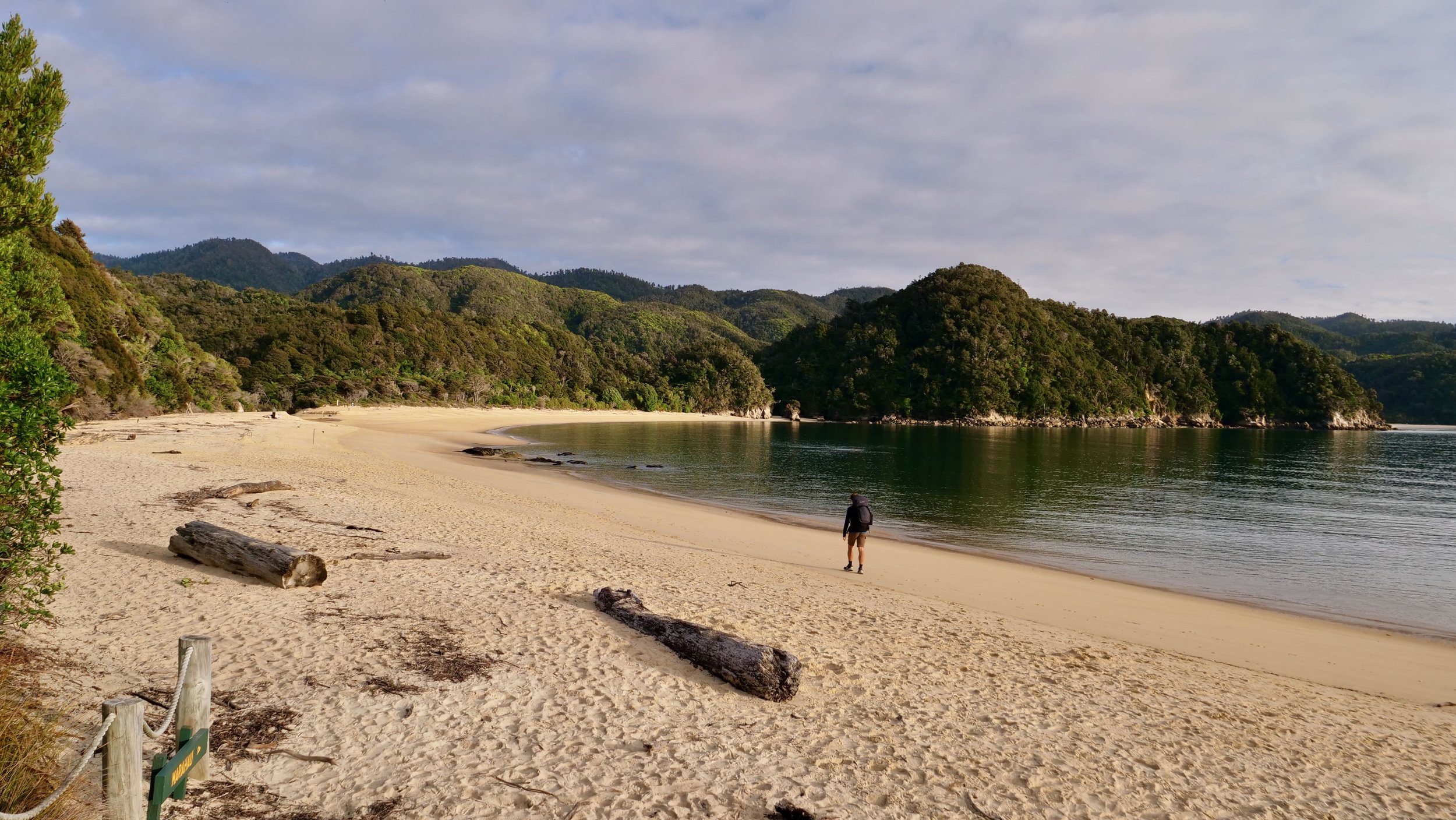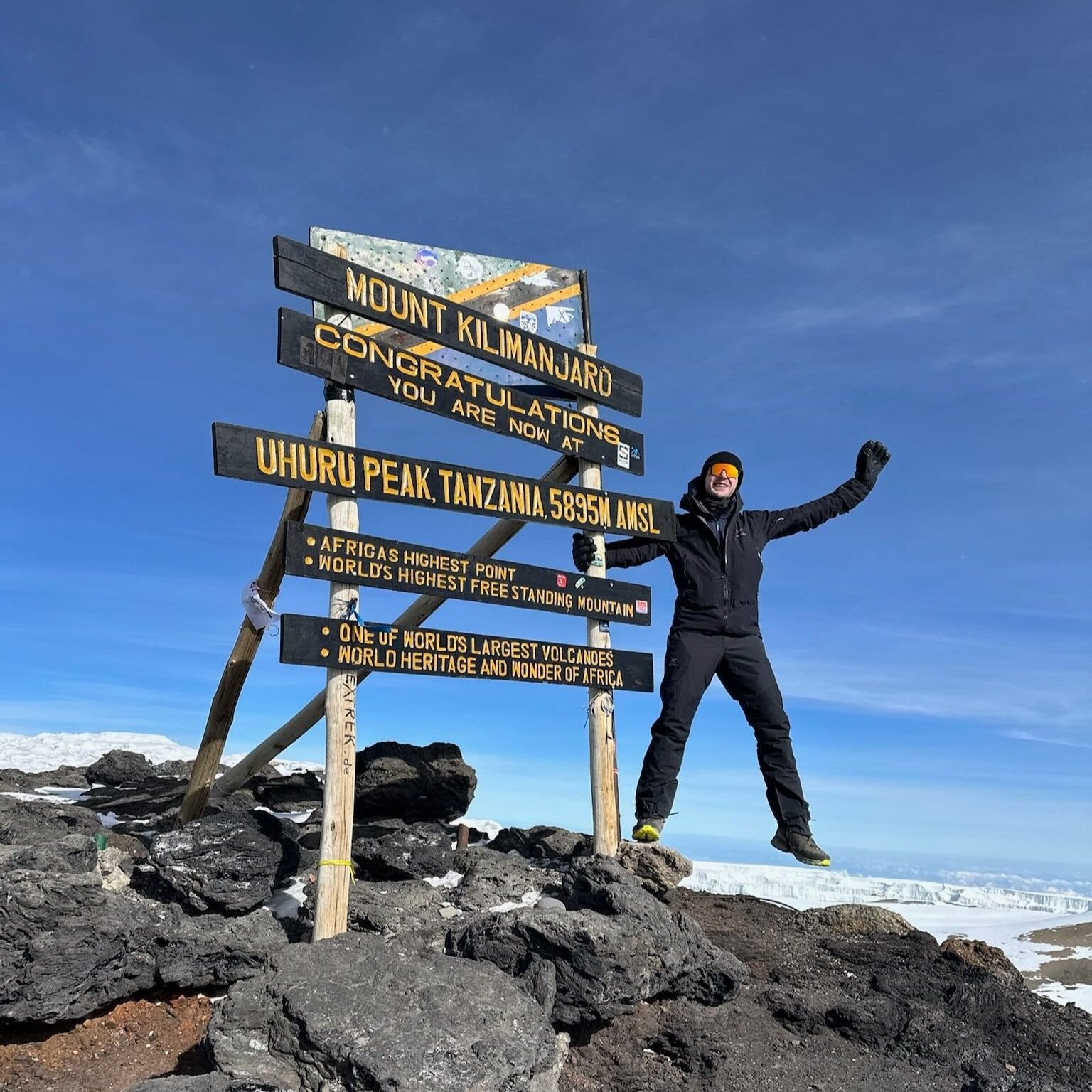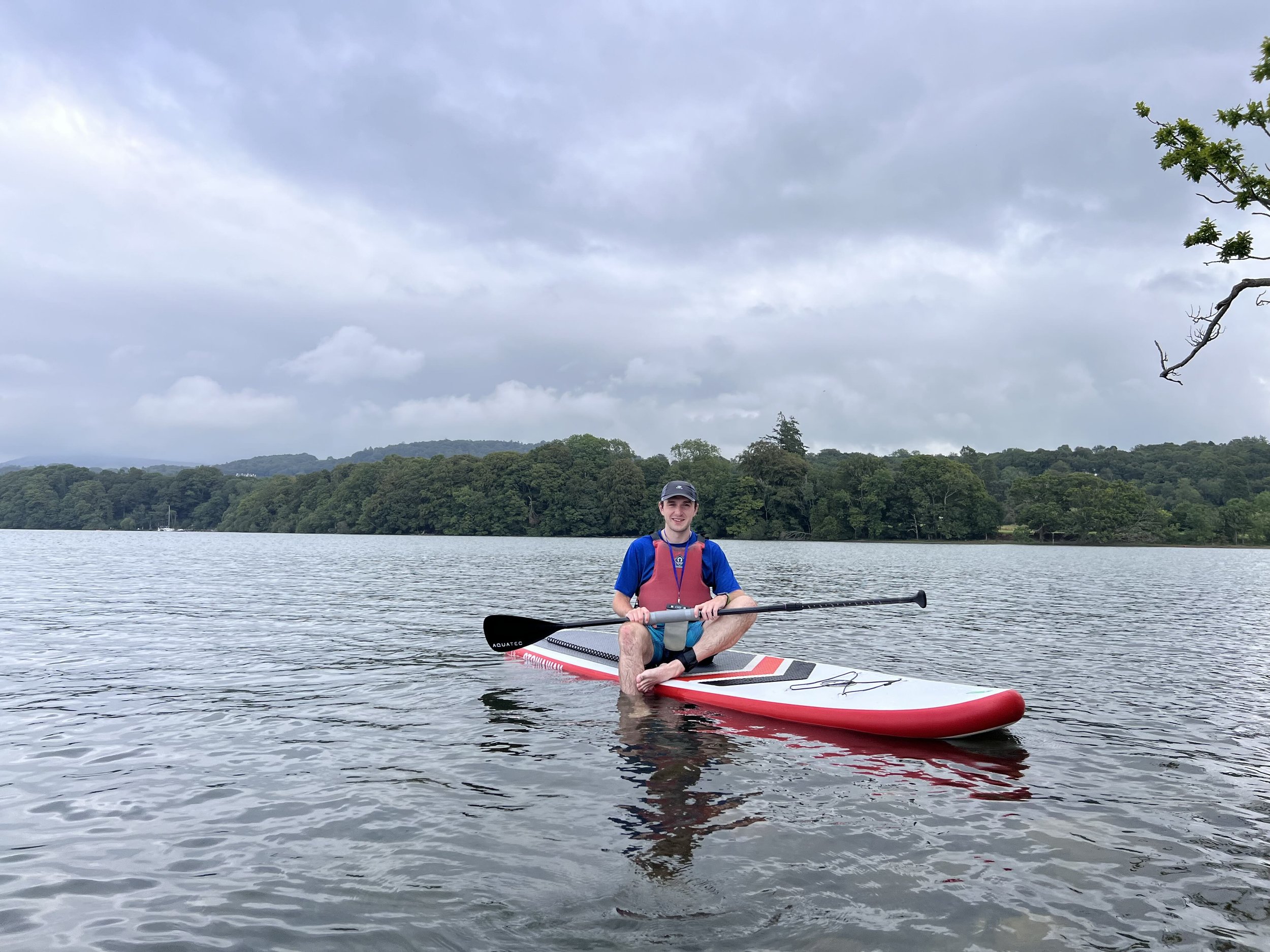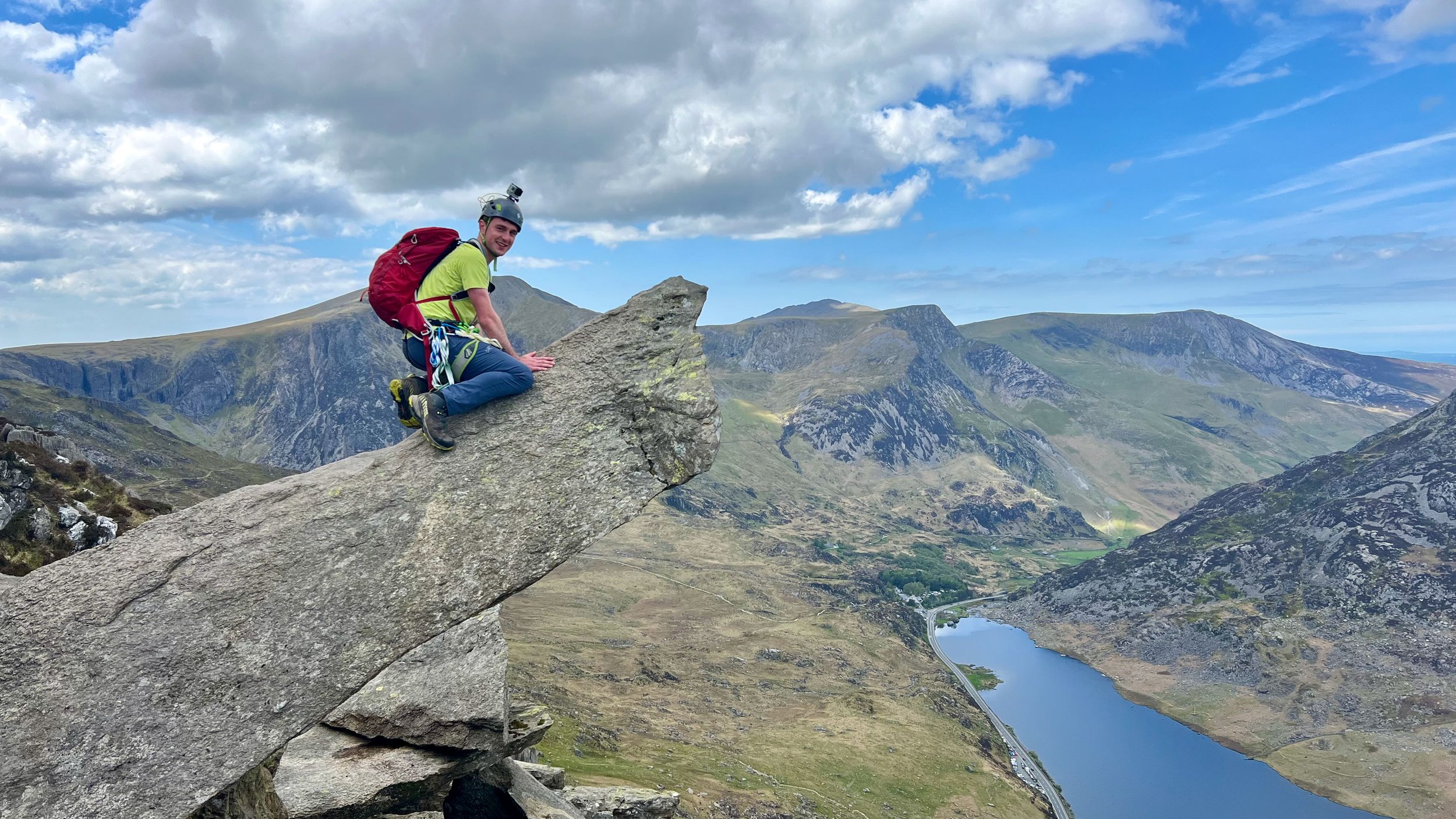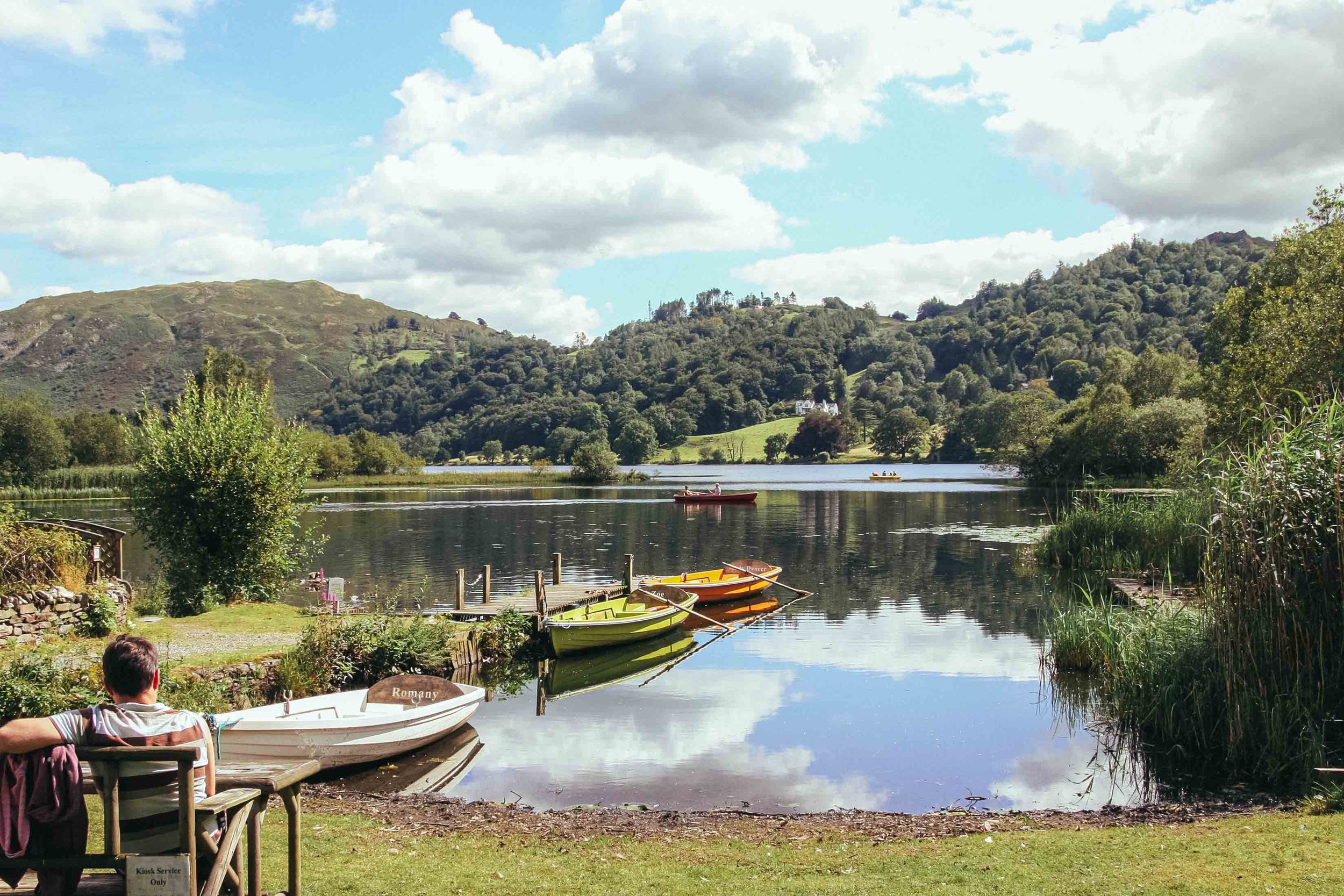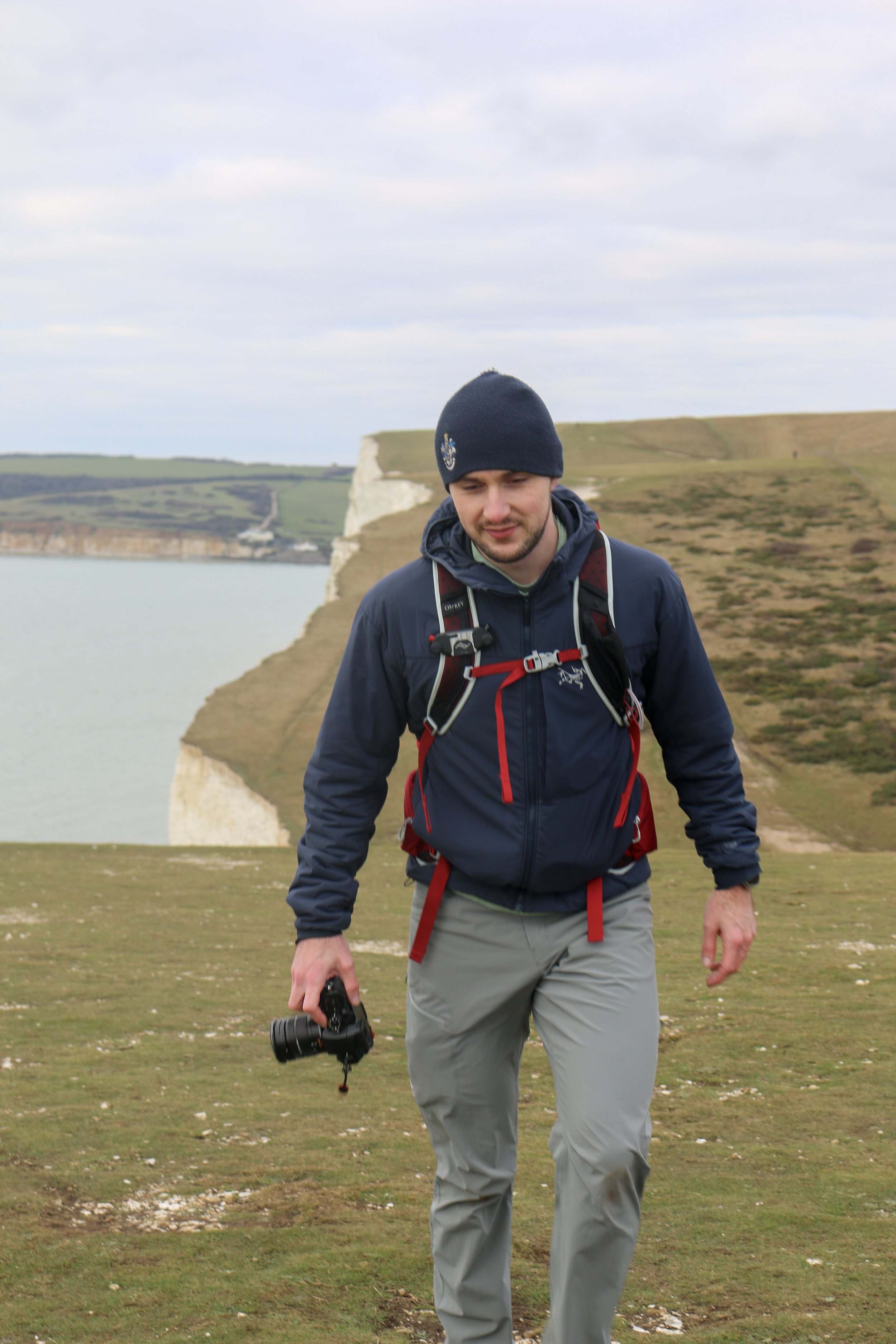Climbing Mount Toubkal, Morocco: The Ultimate Guide
Hike the highest mountain in North Africa at 4,167 metres
Standing at 4,167 metres, Mount Toubkal is the highest mountain in the Atlas Mountains, and North Africa (with Kilimanjaro the tallest in Africa). This incredible summit attracts hikers from all around the world, not only for the bragging rights of reaching North Africa’s tallest mountain, but also for the breathtaking views, amazing sunrise, warm hospitality, and the unique blend of culture you’ll only find in Morocco.
Climbing Mount Toubkal is challenging but achievable for most hikers with a good level of fitness. It’s the perfect short adventure of around 2-3 days combining the buzz of Marrakech with the serenity of the High Atlas mountains.
Whether you cover it over two or three days, this guide covers everything you need to know before setting off on this adventure.
Before your Toukbal Trek: What to do in Marrakech
Before or after your hike up Mount Toubkal, take time to explore the city of Marrakech, a vibrant city full of colour, chaos, and charm. It is one of my favourite cities with lots going on, great food and plenty to explore.
Top things to do in Marrakech include:
Visit Jardin Majorelle – the famous blue garden once owned by Yves Saint Laurent.
Explore the Medina – dive into Moroccan culture with food, music, and street life. The hidden streets and market stalls bustling with activity.
Experience Jemaa el-Fnaa Square – at night it transforms into a lively open-air market with street food and performers.
Relax in a riad – traditional Moroccan guesthouses offer a peaceful retreat from the city bustle. We found ours on AirBnB for around £40 a night for two people which was about average.
How to get to Mount Toukbal from Marrakech
Most climbers begin their journey in Marrakech, and it’s around a 1hour 30 minute drive to the mountain town of Imlil. View Google maps route here.
By taxi: Shared or private taxis run daily from Marrakech to Imlil, the gateway to Toubkal (expect to pay around 400–600 MAD for a private taxi). We had transport as part of our guide package. Find out more below.
By tour: Many travellers opt for guided treks starting and ending in Marrakech, which include transport, food, and accommodation.
Once in the mountain town of Imlil, you’ll likely stay overnight in a local guesthouse before starting the climb the following morning or in our case, we got hiking stright away after arriving.
If I was to do it again, I’d stay one night in Imlil before hiking just to rest the day before and help acclimatise ahead of day one.
Tips for dealing with the altitude on Toukbal
Although Mount Toubkal isn’t extremely high by mountaineering standards, altitude sickness can still affect climbers above 3,000m. Here’s how to stay safe and comfortable on your ascent up the mountain.
Drink little and often
Dehydration makes altitude symptoms worse. Carry at least two litres of water and sip regularly throughout the day. There are several opportunities to buy water on the mountain from the small shops, however, I’d still carry at least two litres and ensure you’re drinking regularly.
Eat often
You’ll burn more calories at altitude. Keep your energy levels up with frequent snacks like nuts, energy bars, and fruit. I personally like Styrkr bars as they are high in carbs, tasty and filling.
Take it slowly
The most common mistake is hiking too fast and getting your heart rate high. Keep a steady pace on both days, take breaks, and listen to your guide. On summit day, take it easy and slowly, the higher your heart rate, the higher the chance of getting worse side affect from altitude sickness.
Respect the altitude
If you start feeling dizzy, nauseous, or short of breath, let your guide know and descend. Never ignore the signs of altitude sickness especially if they are getting worse.
The Mount Toukbal Trek
The standard Mount Toubkal route takes two days but other options are available. I did the two day route starting from Imlil with our guide Hassan.
Day 1 – Imlil (1,740m) to Toubkal Refuge (3,207m):
The trail begins in the mountain village of Imlil, winding past terraced fields and small villages. You’ll see incredible views all around as the path ascends to the first checkpoint. We stopped for lunch at the Sidi Chamharouch shrine, a popular rest stop and lunch spot. The hike to the refuge usually takes 5–6 hours with several options for food, water refill and snacks on the way up.
Day 2 – Refuge to Summit (4,167m), then back to Imlil:
Summit day starts early, usually around 2-3 am (but depends on the time of year). The ascent takes around 3 hours, climbing steep scree slopes before reaching the top just in time for sunrise. The views are spectacular, stretching over the Atlas range and beyond. I suggest bringing walking poles as they’ll help you navigate the steep scree sections.
Once you’ve summited, you’ll start to descend to the refuge for a tea/ snack before heading back down to Imlil the same day.
The Mount Toukbal refuge
There are two main refuges near the base of Toubkal: Refuge du Toubkal (Neltner Hut) and Les Mouflons Refuge. We stayed in Refuge du Toubkal which had running water, toilets, warm showers, good food, coffee, a shop selling water, snacks and fizzy drinks and a boot room to dry our gear. Both offer:
Basic dorm-style accommodation
Hot meals and tea
Blankets (though it’s still wise to bring a sleeping bag)
In summer, you can also camp outside the refuges, but it gets cold at night, even in July or August. When we were there in October, there were plenty of people camping, but it did get very cold at night.
Take cash – both euros and local currency
There are no ATMs in Imlil or along the route, so make sure you bring enough cash for your trip. You’ll need it for:
Food and drinks in Imlil plus on the mountain. There are 4 stops on the way up where there are plenty of places to pickup Water and chocolate bars
Tips for guides and porters. We tipped our guide around €50s on top of our €200 total pacakge.
Souvenirs along the trail. There are plenty of shops in Imlil and on the mountain selling t-shirt, magnets and other souvenirs.
Both euros and Moroccan dirhams (MAD) are accepted, but dirhams are preferred for small purchases.
When to hike Mount Toubkal
Mount Toubkal can be climbed year-round, but the experience changes dramatically depending on the season. I personally climbed in October and the weather was perfect, not too hot and no snow on the mountain just yet.
Spring (March – May)
Spring is one of the best times to climb Mount Toubkal. The snow starts melting, flowers start to bloom on the hills, and temperatures are fairly pleasant, usually between 15–25°C in Imlil and 5–15°C higher up. Expect some snow patches near the summit early in the season.
Summer (June – August)
Summer offers very warm, dry conditions, making it ideal for first-time trekkers. However, daytime temperatures in Imlil can reach 30°C+, so early starts are key. It’s the most popular season, with busy trails and refuges. There is little to no shade on the mountain so best to wear a decent hat and sun hoody.
Autumn (September – November)
Autumn is another great time to visit, with cooler, stable weather and fewer crowds than summer (personally my favourite). The light is incredible for photography, and you may still have clear summit conditions into November.
Winter (December – February)
Winter transforms Toubkal into a snow-covered alpine climb. You’ll need crampons, ice axe, and warm layers, but the trade-off is stunning snow scenery and fewer hikers. Guided winter ascents are highly recommended at this time of year.
What to pack for your Mount Toubkal trek
Conditions on Mount Toubkal change fast, expect warm days, cold evenings and freezing mornings. Here is a list of the stuff I took on the mountain.
Gear list
Sturdy hiking boots (well broken-in) - I use the Scarpa Unisex's Rush TRK Pro GTX Hiking Boots
Good hiking socks (bring spares) - Smartwool make the best hiking socks. Made out of Merino wool and well cushioned, they are my favourite sock for hiking.
Warm layers (fleece, down jacket, hat, gloves) - I’m a big fan of the Montane range of tops and warm layers.
Light trousers or shorts for daytime - The Montane Tenacity Pants are a great choice and one of my favourite
Waterproof jacket (especially in spring/autumn) - Berghaus make great jackets and a good few to choose from
Sunglasses and sunscreen
Head torch (for the early summit start) - PETZL have a great range of head torches
2L water bottle or hydration bladder
Snacks for summit day - I personally carry Styrkr bars as they are filling, have 40grams of carbs and very tasty
Sleeping bag (refuges provide blankets but it gets cold)
Walking poles (helpful for the descent) - I’m a big fan of the Leki carbon poles as they are light weight and easy to setup
FAQ for Mount Toukbal
How hard is it to climb Mount Toubkal?
Mount Toubkal is considered a moderate trek. There is no technical climbing is required nor is there snow or glacier crossings in the summer. However, the high altitude, steep ascent, and long summit day make it physically demanding and somewhat challenging. There is likely to be snow in the Winter months.
Grading
On most trekking scales, Toubkal is rated Grade 3 (moderate to challenging). You’ll hike 6–8 hours per day with steep, rocky terrain and some snow patches in winter. In the summer, the days are hot and there is little shade.
Altitude
The main challenge is the altitude. The summit sits at 4,167m, and most climbers sleep at 3,200m the night before, meaning a quick accent over two days with little time to acclimatise. Take it slowly and acclimatise properly to avoid sickness. Make sure to drink plenty and often too.
Equipment
You don’t need crampons or an ice axe in summer, but in winter (November–April), snow and ice are common. Hire winter equipment in Imlil if needed or in the UK via this site (they are a great company). Most local guides can arrange this easily.
My thoughts on hiking Mount Toubkal
Climbing Mount Toubkal is one of the most rewarding short adventures you can do, an unforgettable mix of mountain landscapes, cultural immersion, and personal challenge. Whether you’re ticking off your first 4,000m peak or looking for a weekend adventure beyond Europe, Toubkal delivers every time.
So pack your boots, grab a mint tea in Marrakech, and get ready to stand on top of North Africa.

















